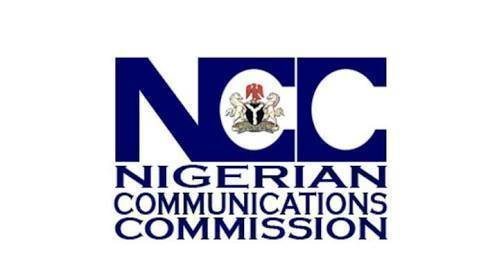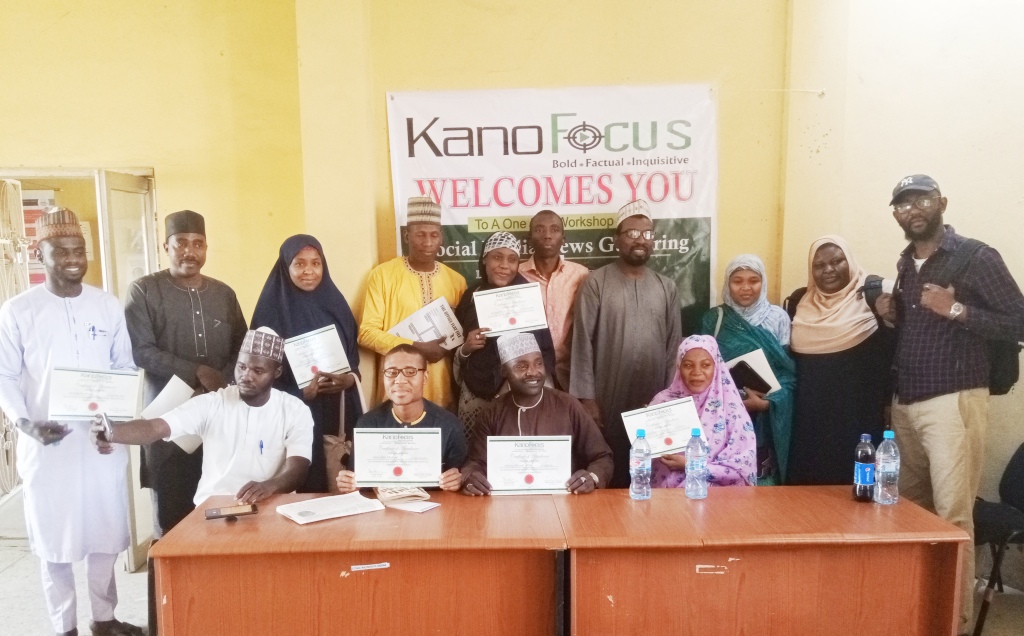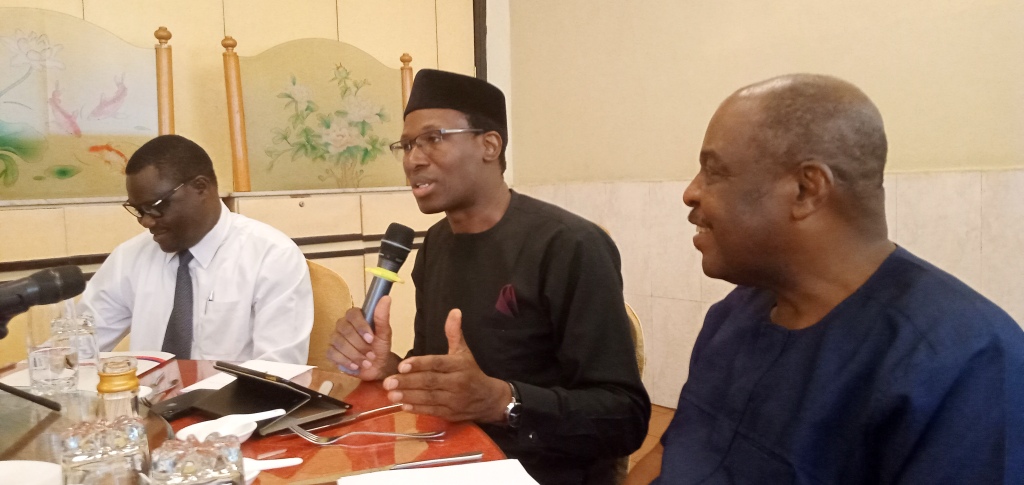By Sonny Aragba-Akpore
On Thursday, September 29,2022, in Bucharest,Romania ,193 member nations of the 157-year old International Telecommunications Union (ITU) (158 years now)converged for the ITU plenipotentiary conference (ITU PP).
The election of a new Secretary General was the high point of the nearly one month PP.
Elections were not new to ITU members but this was a different one.
This particular one was going to be given ideological slant especially
as the Cold War between Russia and the United States (USA) continued to play out one more time.
The source of this war was the administration of the internet.
Russia and its allies were rooting for a democratization of the internet that will enable individual states have unblemished control and regulations thereto.
But the USA said a central and harmonized control was the way to go because there will be no restrictions about access to the internet.It should be open to all.
So In going into the election,Russia nominated Rashid Ismailov while the US fielded Doreen Bogdan-Martin .
Despite all the intrigues and horse trading that ensued, the United States candidate was elected Secretary-General of ITU with 139 votes out of the 172 Member States present and voted and the winner required majority only 83 votes to win.
Rashid Ismailov of the Russian Federation received 25 votes.
Though Bogdan-Martins won,the victory was for the global citizens who now have unfettered access to the internet.
But there are still access gaps as 2.6 billion of the global population remains unconnected to the internet and this population remains a part of the challenges facing the ITU as the race for Sustainable Development Goals (SDGS) continues to 2030.
In 2019 ,Huawei ,China Mobile, China Unicom, and China’s Ministry of Industry and Information Technology (MIIT), did something strange.They submitted a proposal to the ITU for a standard called New IP (New Internet Protocol, the standard that helps glue our modern communications together). The entities behind New IP reasoned that it was needed because existing protocols didn’t include sufficient quality-of-service guarantees, so netizens will struggle to handle latency-sensitive future applications, and also because current standards lacked intrinsic security,they claimed.
But the global community saw this as controversial especially since ITU did not oversee IP. That’s the Internet Engineering Task Force (IETF)’s job which is a multi-stakeholder organization that accepts ideas from anywhere and harmonises same for the good of humanity.
Besides,the ITU is a United Nations body so represents nation-states in that regards.
Secondly the New IP proposed many Networks – or ManyNets – approach to global internetworking, with distinct, individual networks allowing to set their own rules on access to systems and content.
Some of the rules that were anticipated under the New IP could require individuals to register for network access, and allow central control – even shutdowns – of traffic on a national network.Analysts saw this as bizarre and censorship taken too far.
New IP was of interest to those who like the idea of a “sovereign internet” such as China’s, on which the government conducts pervasive surveillance and extensive censorship of it’s citizens and thinks it can do as it pleases within its borders.
And if the New IP had gathered support,it would have potentially made some of the controls China uses on its local internet part of global protocols.
Russia, being a part of this thinking was manifestly so because it was not particularly tolerant of free speech before its illegal invasion of Ukraine and has since implemented sweeping censorship across its patch of the internet.
The Internet Society, the non-profit organization that promotes open internet development, was also very worried about the proceedings at the ITU event then saying Plenipotentiary-22 could be a turning point for the Internet.
The organization said “The multi-stakeholder Internet governance model and principles were being called into question by some ITU Member States and there were multilateral processes aiming to position governments as the main decision-makers regarding Internet governance.”
The society said “Internet technical standards must remain within the domain of the appropriate standards bodies, such as the IETF, where work that intends to update, amend, or develop Internet technical standards must be presented.”
In following closely the election of the new secretary-general,therefore,the society said it was opposed to “any policies, measures, or movements that harm the Internet’s essential characteristics – open, globally connected, secure, and trustworthy.”
The campaign for a decentralized administration for the internet has been on since 2012 but it was put to rest at the Plenipotentiary conference in ,Bucharest,Romania in 2022.
And so when Nigeria hosted the open internet conference in Abuja last week it was in line with the global reality.
The ITU technically set the Open Internet standards by the elections of September 2022.
The Open Internet (OI) is seen as a fundamental network (net) neutrality concept in which information across the World Wide Web (WWW) is equally free .
So OI is essentially made available without variables that depend on the financial motives of Internet Service Providers (ISP)
Experts say “the OI is a dominant form of modern communication that has been in place throughout Web history. It is championed by the Federal Communications Commission (FCC) as an emergent technology principle.”
Despite its complexity and seeming controversies in recent years, net neutrality and the OI have become points of litigation as some ISPs have moved toward new ways of controlling data transmission. But the FCC has been continuously involved in court actions surrounding net neutrality, some of which predict that ISPs may be able to manipulate Web traffic to violate the OI.
Experts think that as this issue works its way through the courts, it may encroach on the future of the Internet.
Net neutrality and other principles, like Web censorship and privacy, have been analyzed from many angles as the Internet has emerged as a single global platform. Over the last two decades, the advent of new technologies has been mostly unregulated and dependent on private sector innovation. Thus, national governments often have different ways of controlling Internet usage within their domains.
The future of net neutrality will be a deciding factor in the continued transparent and free flow of information to Internet users worldwide.
It is important and essential to have a free and open internet in order to
facilitate communication and unfettered access to Information,
foster Innovation and Creativity.
Apart from promoting economic growth and protection of democratic values and human rights ,it reduces government controls and surveillance
among others.
Aron Wagner,an American Internet and Cloud Computing Expert dissects OI and lists it’s characteristics saying:
“A free and open internet is characterized by several key features that make it accessible, inclusive, and democratic. It must provide equal and unrestricted access to all users, irrespective of their social status, location, education, or income level.”
He lists among others that
“net neutrality is one of the defining features of a free and open internet. The term means that internet service providers (ISPs) must treat all internet traffic equally and not be subject to prioritization or discrimination based on its content or source.”
Writing from a user’s perspective, he says “a free and open internet allows individuals to express their unique viewpoints without fear of censorship or retaliation, even if they go against the prevailing majority opinion. The internet must also protect the privacy and security of all users at all times – through encryption, secure protocols, and stringent data protection laws.”
Only last week the government of Nigeria subscribed to a free and secure Internet for Africa, which is capable of bridging the digital divide and creating innovative opportunities within the continent.
Communications, Innovation and Digital Economy Minister ,Dr. Bosun Tijani canvassed this position at the Africa Internet Governance Forum in Abuja insisting that the administration of President Bola Ahmed Tinubu is committed to engendering necessary collaborations and international dialogues to achieve these objectives.
African Parliamentary Network on Internet Governance,Chief ,Ghanaian born,Samuel George called for free Internet “that is inclusive, safe and secured for all citizens of Africa.” He said this can only be achieved through collaborative effort by coming together to build an inclusive Africa.
“For Africa to be self-sufficient, it must create an enabling environment and laws and provide digital infrastructures for young innovators to strive. This will, in turn, promote indigenous and local content development in technological development,” George said.









